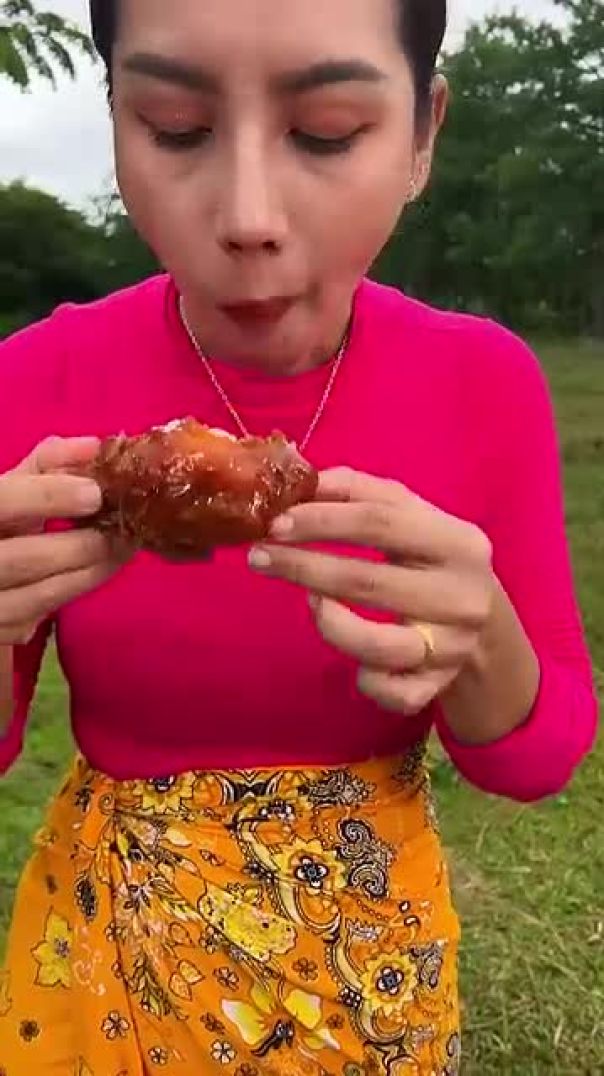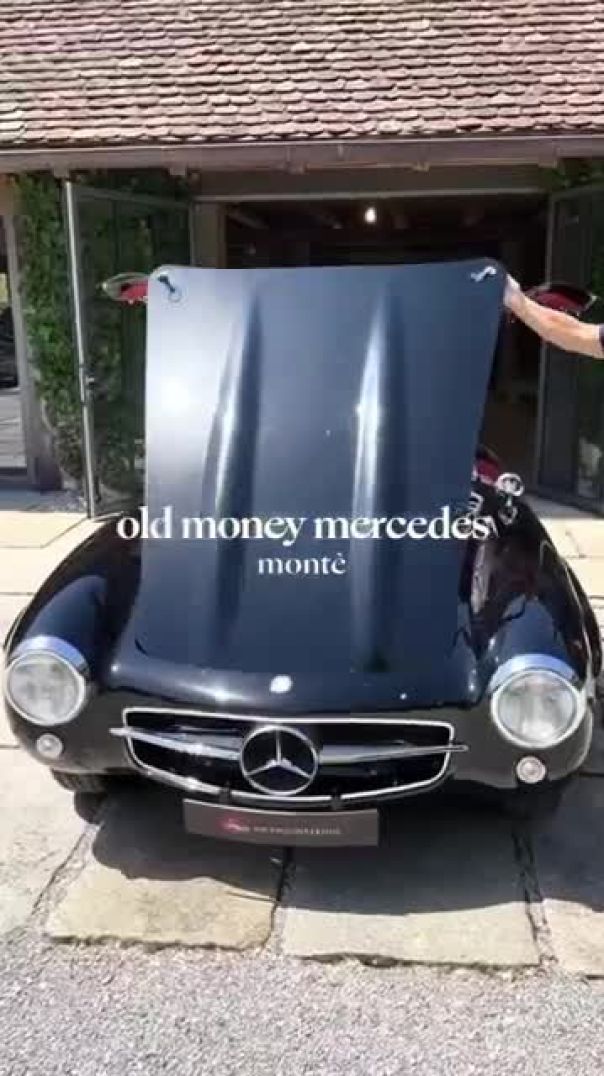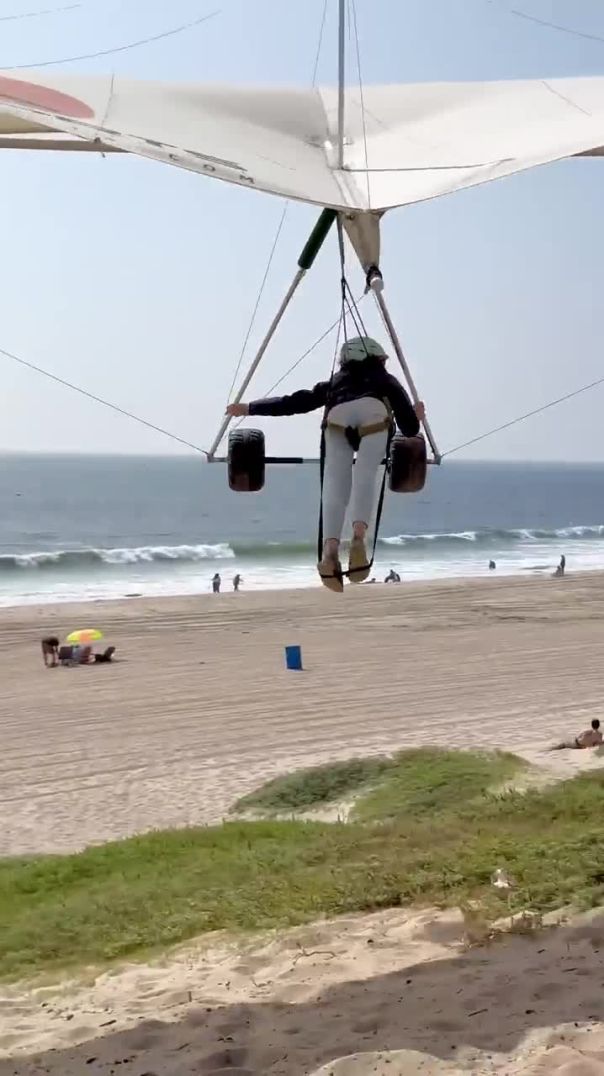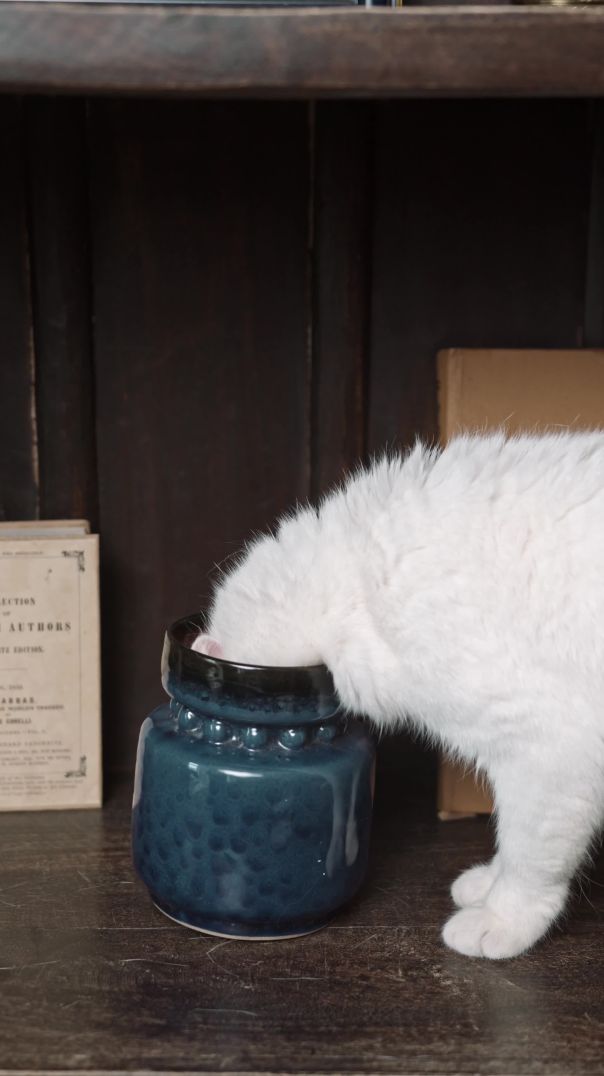9 Views· 12 July 2022
How to Understand the Black Hole Image
We have just seen the first image of a black hole, the supermassive black hole in the galaxy M87 with a mass 6.5 billion times that of our sun. But what is that image really showing us?
This is an awesome paper on the topic by J.P. Luminet:
Image of a spherical black hole with thin accretion disk
Astronomy and Astrophysics, vol. 75, no. 1-2, May 1979, p. 228-235
https://ve42.co/luminet
Using my every day intuition I wondered: will we see the "shadow" of the black hole even if we're looking edge on at the accretion disk? The answer is yes because the black hole warps space-time, so even if we wouldn't normally be able to see the back of the accretion disk, we can in this case because its light is bent up and over the black hole. Similarly we can see light from the bottom of the back of the accretion disk because it's bent under the bottom of the black hole. Plus there are additional images from light that does a half turn around the black hole leading to the inner rings.
What about the black hole "shadow" itself? Well initially I thought it can't be an image of the event horizon because it's so much bigger (2.6 times bigger). But if you trace back the rays, you find that for every point in the shadow, there is a corresponding ray that traces back to the event horizon. So in fact from our one observing location, we see all sides of the event horizon simultaneously! In fact infinitely many of these images, accounting for the virtually infinite number of times a photon can orbit the black hole before falling in. The edge of the shadow is due to the photon sphere - the radius at which light goes around in closed orbits. If a light ray coming in at an oblique angle just skims the photon sphere and then travels on to our telescopes, that is the closest 'impact parameter' possible, and it occurs at sqrt(27)/2*r_s
Huge thanks to:
Prof. Geraint Lewis
University of Sydney https://ve42.co/gfl
Like him, I'm hoping (predicting?) we'll see some moving images of black holes tomorrow
Prof. Rana Adhikari
Caltech https://ve42.co/Rana
Riccardo Antonelli - for excellent images of black holes, simulations and ray-tracing code, check out:
https://ve42.co/rantonels
The Event Horizon Telescope Collaboration
Check out their resources and get your local link for the livestream here: https://ve42.co/EHT
Special thanks to Patreon supporters:
Donal Botkin, Michael Krugman, Ron Neal, Stan Presolski, Terrance Shepherd, Penward Rhyme
Filming by Raquel Nuno
Animation by Maria Raykova














![Freddie Gibbs - Black Illuminati (ft. Jadakiss) [Official Video]](https://i.ytimg.com/vi/58g_dyMTQHQ/maxresdefault.jpg)











![Officer Black Belt | Official Trailer | Netflix [ENG SUB]](https://i.ytimg.com/vi/WNkGz6aKFvk/maxresdefault.jpg)
0 Comments